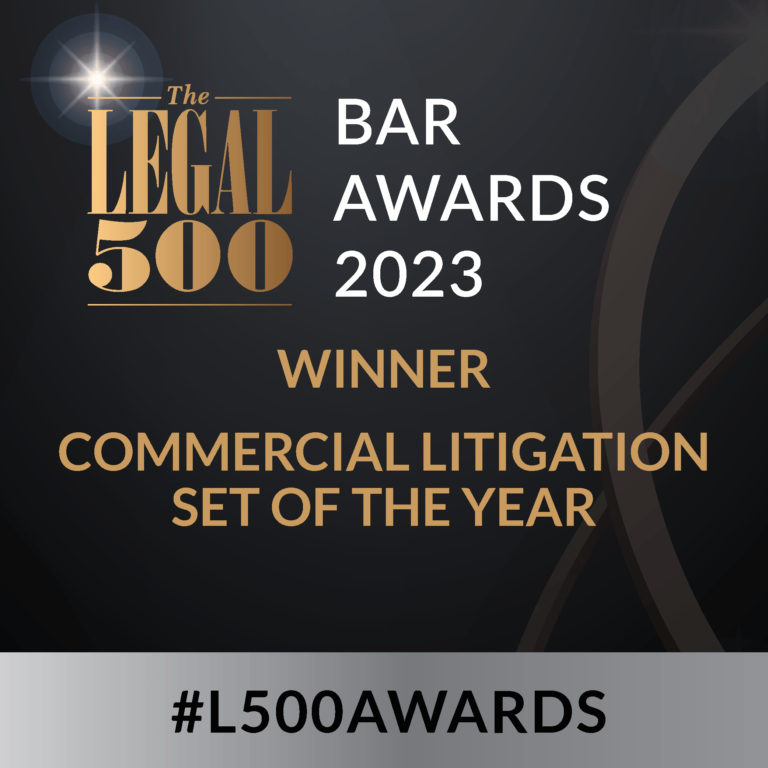James McWilliams appears for the Joint Trustees of Derek Hood in £40m classic car dispute
On 26 October, Jacobs J handed down an important judgment in the Commercial Court on the availability of the remedy of an account of profits, defences to knowing receipt and conversion claims and the approach to the assessment of damages for loss of investment opportunity in fraud cases. James McWilliams acted for the Joint Trustees in Bankruptcy of Mr Derek Hood, Kevin Hellard and Amanda Wade. He was instructed by Adam Silver, Abdul Azeem s/o Abdul Samad and Suzi Cocksedge of Dechert LLP.
The Claimant, Mr Michael Tuke, brought multiple fraud claims with a value in excess of £40m against Mr Hood and JD Classics Ltd, at one time the leading classic car dealership in Europe. Mr Tuke had acquired a huge collection of iconic classic cars through Mr Hood and JD Classics, spending nearly £40m on the collection in a matter of a few years. Mr Tuke contended that he had been induced to enter the various transactions concerning his collection by fraudulent misrepresentations made by Mr Hood and JD Classics as a result of which he had suffered substantial losses. Mr Tuke brought claims in deceit, dishonest assistance, knowing receipt and conversion. The claim attracted widespread coverage in the press.
Mr Hood was made bankrupt before the trial commenced and James McWilliams appeared for Mr Hood’s Joint Trustees in Bankruptcy. The Joint Trustees were neutral as to the question of liability but challenged the quantum of Mr Tuke’s claims. In the judgment handed down by Jacobs J, the Joint Trustees were successful in reducing the quantum of Mr Tuke’s claims from in excess of £40m to approximately £13m.
The judgment is a useful one for civil fraud practitioners because it:
- confirms that the remedy of an account of profits is not available against a dishonest assistant in respect of profits made by the defaulting fiduciary rather than by the dishonest assistant;
- confirms that claims for knowing receipt and conversion will not arise where the property transferred is passed pursuant to a valid contract of sale which has not been set aside even if the result of fraud or a breach of fiduciary duty;
- provides a useful example of the willingness of the courts to take a practical approach to the assessment of damages for loss of investment opportunity in the context of fraud claims where there is real uncertainty as to the counterfactual scenario; and
- contains a useful discussion of the scope for the award of exemplary damages in fraud cases.
The trial took place over the course of three weeks in July 2020 and, unusually given the nature of the allegations, was heard entirely remotely.
A copy of the judgment is available here.










